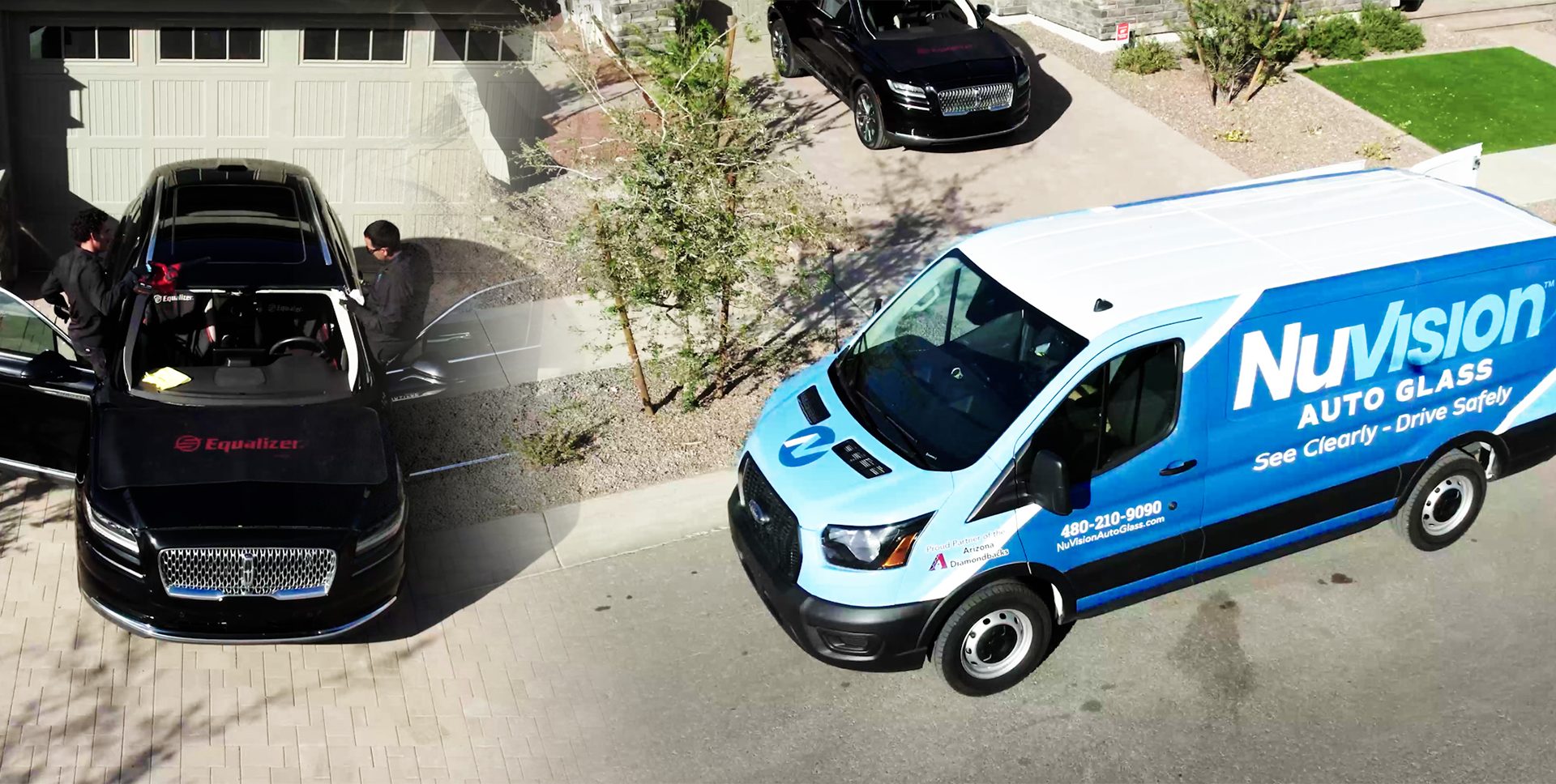A Step-by-Step Guide to Filing a Car Insurance Claim in Arizona

Imagine you’re cruising down the Arizona highways, enjoying the scenic beauty, when suddenly, life throws a curveball – a car accident. In such situations, the last thing you want to worry about is navigating the complexities of filing a car insurance claim. Fear not, for we’ve got your back! In this comprehensive guide, we’ll walk you through the process step by step, ensuring that you emerge from the claims labyrinth with ease.
Step 1: Prioritize Safety and Document the Scene
The first moments after an accident are crucial. Prioritize safety by moving your vehicle to a safe location, turning on hazard lights, and checking for injuries. Once everyone is safe, it’s time to document the scene. Take pictures of the accident from various angles, exchange information with the other parties involved, and gather contact details of any witnesses. This documentation will serve as valuable evidence during the claims process.
Step 2: Contact the Authorities
In Arizona, it’s essential to contact law enforcement if the accident results in injuries, fatalities, or property damage exceeding $1,000. Having an official police report can strengthen your insurance claim. Provide accurate and truthful information to the responding officers, and don’t forget to obtain a copy of the report for your records.
Step 3: Notify Your Insurance Company Promptly
Time is of the essence when it comes to filing a car insurance claim. Contact your insurance company as soon as possible, even if the accident is minor. Most insurance companies have a 24/7 claims hotline. Be ready to provide details such as the date, time, and location of the accident, as well as the information collected from the scene. Delaying this step might lead to complications, so don’t procrastinate.
Step 4: Understand Your Coverage
Before diving into the claims process, it’s crucial to understand your insurance coverage. Arizona law requires drivers to carry liability insurance, which covers the costs of injuries and property damage you cause to others. Optional coverages, such as collision and comprehensive, protect your vehicle. Knowing the specifics of your policy will help you navigate the claims process more effectively.
Step 5: Work with Your Insurance Adjuster
Once you’ve reported the claim, your insurance company will assign an adjuster to assess the damages and determine liability. Be prepared to provide the necessary documentation, including the police report, photos from the scene, and any medical records if injuries occurred. Communication is key – stay in touch with your adjuster and promptly respond to any requests for information.
Step 6: Obtain Repair Estimates
If your vehicle requires repairs, obtain multiple estimates from reputable auto repair shops. Share these estimates with your insurance adjuster to ensure that the proposed repair costs align with industry standards. Some insurance companies have preferred repair shops, but you have the right to choose where your vehicle is repaired.
Step 7: Understand the Claims Settlement Process
Once the adjuster completes their investigation, they will provide you with a settlement offer. This offer typically includes the cost of repairs, medical expenses, and other relevant damages. Review the offer carefully and don’t hesitate to ask questions if anything is unclear. If you’re satisfied with the offer, your claim will move toward settlement.
Step 8: Negotiate if Necessary
If the initial settlement offer doesn’t cover all your losses or if you disagree with the assessment, don’t hesitate to negotiate. Present any additional evidence or documentation supporting your claim. Insurance companies aim to reach a fair resolution, and negotiation is a common part of the process. Be persistent, but remain professional in your communication.
Step 9: Finalize the Settlement
Once you and the insurance company reach an agreement, it’s time to finalize the settlement. This may involve signing a release, which indicates that you won’t pursue further claims related to the accident. Ensure you fully understand the terms before signing and, if necessary, consult with legal counsel to protect your interests.
Step 10: Be Prepared for Potential Disputes
In some cases, disputes may arise during the claims process. If you find yourself in a disagreement with your insurance company, Arizona law provides mechanisms for dispute resolution, such as arbitration. Consult your policy and, if needed, seek legal advice to navigate any unresolved issues.
Conclusion:
Filing a car insurance claim in Arizona may seem daunting, but with the right approach, it can be a manageable process. Prioritize safety at the scene, document the details, and promptly involve the authorities and your insurance company. Understanding your coverage, working closely with your adjuster, and being proactive in obtaining repair estimates are crucial steps. Remember, negotiation is part of the process, and you have the right to ensure a fair settlement. By following this step-by-step guide, you’ll be better equipped to navigate the claims maze and emerge with the resolution you deserve. Drive safely!

